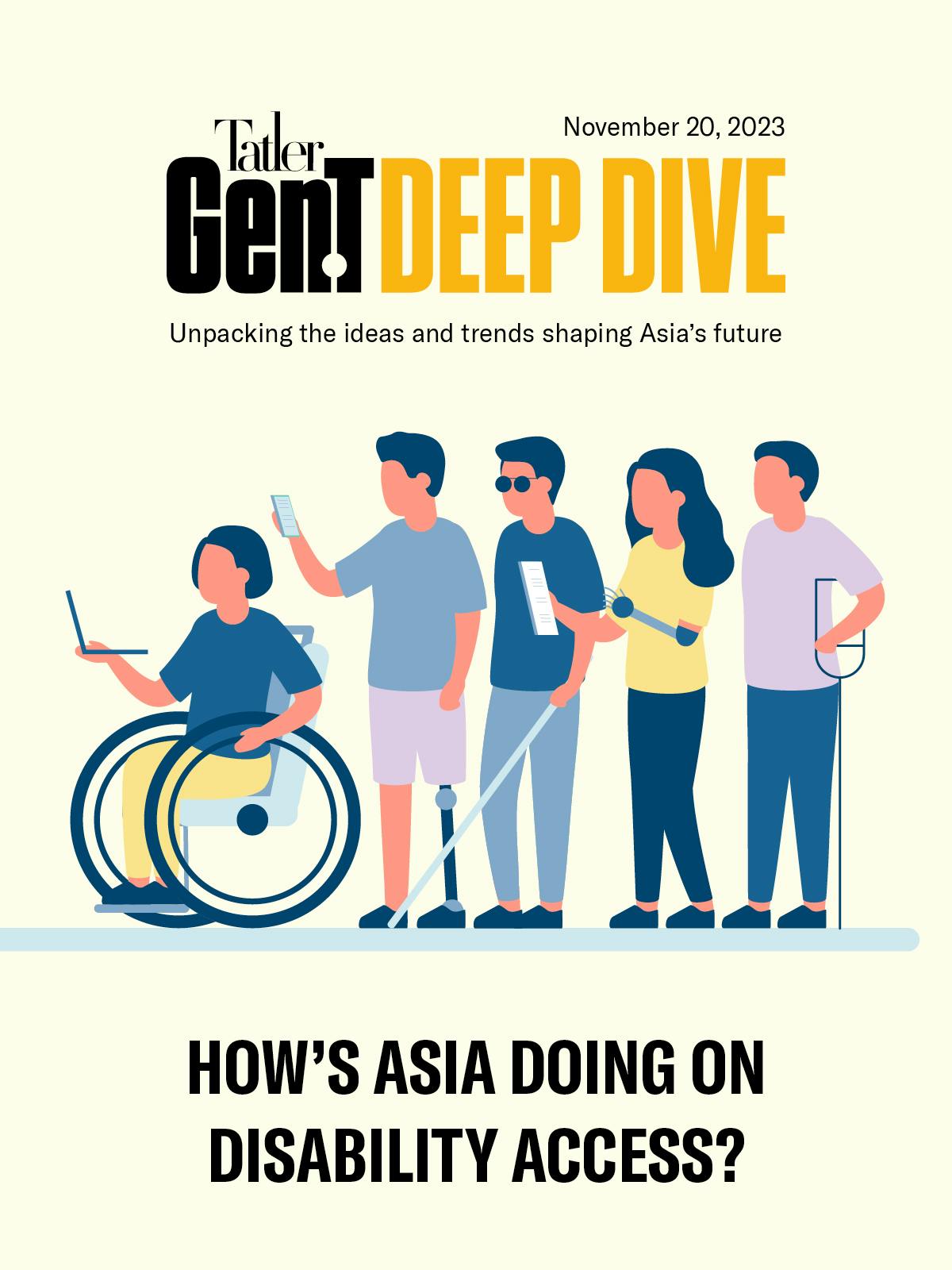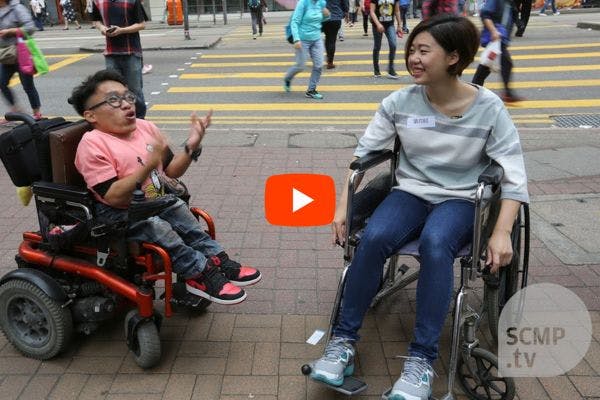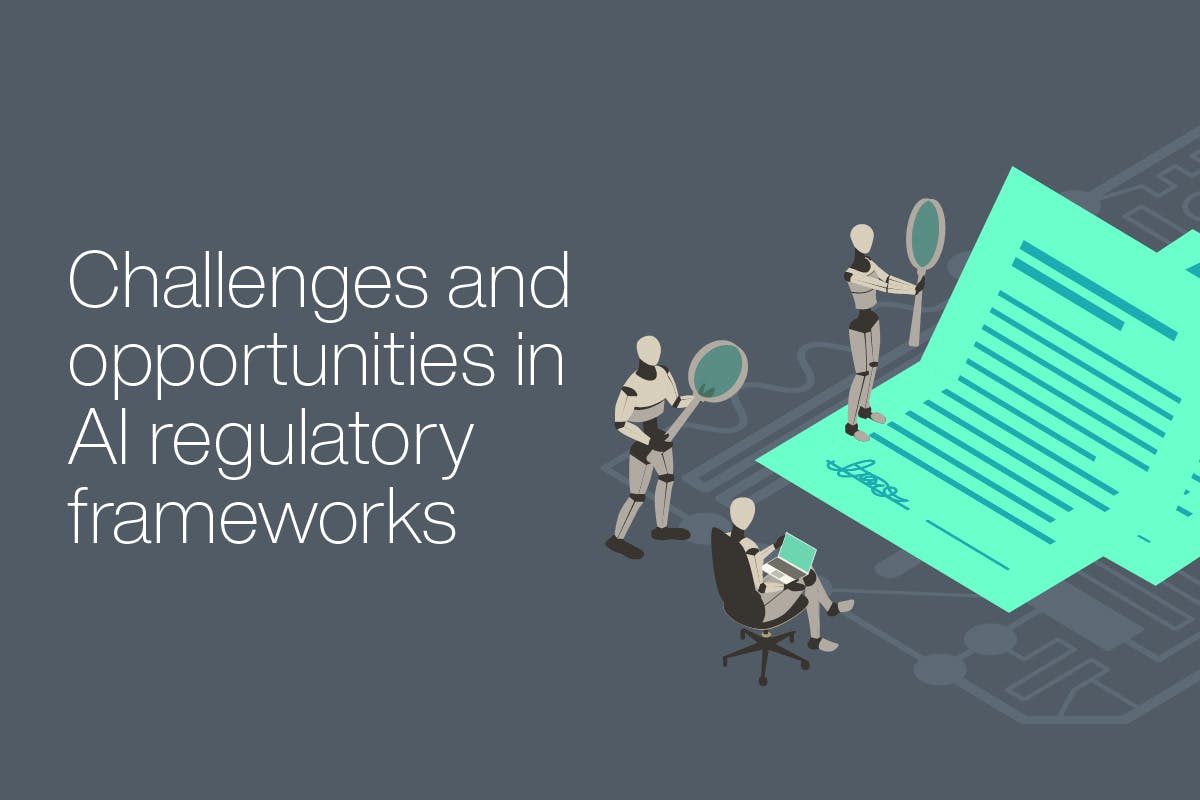Empowering every ability through accessibility
Many cities are a nightmare for people with disabilities to navigate. So what’s Asia doing about it? Let’s take a Deep Dive.
♿ Accessibility means making cities more usable for people with disabilities, but can also be extended to include areas including education, employment, communications technology and the challenges disabled people have accessing them.
🛠️ It’s related to the idea of universal design, where cities and their components are designed in ways that make them usable by the widest number of people.
🀠 Common features of accessible design include ramps, automatic doors, lifts, signs in Braille, audio signals, tactile paving and low-floor public transport vehicles, along with as few steps and barriers as possible.
BY THE NUMBERS

700 million There are more than 700 million people with disabilities living in the Asia-Pacific region.
34.9% In India, only 34.9 percent of disabled people in cities are employed, rising modestly to 38.4 percent in rural areas.
$265 billion The UK government estimates the retail industry in the country could grow by £212 billion, or $265 billion, if it were fully accessible to disabled people.
QUIZ
By 2050, how many disabled people will there be living in cities?
A. 140 million
B. 540 million
C. 940 million
Scroll to the bottom for the answer.
DID YOU KNOW?
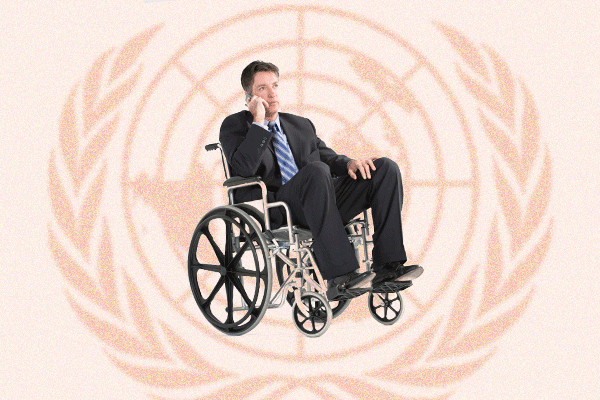
Accessibility rights are technically protected by a UN human rights treaty. The Convention on the Rights of Persons with Disabilities, which came into force in 2008, specifies that its signatories—187 states plus the European Union—must ensure people with disabilities enjoy full equality in access and employment.
THE EDIT
👩🦼 Asia’s most accessible city. This guide to wheelchair-accessible cities in Asia ranks Hong Kong top of the tree.
👨🦯 Or maybe not. This list, though, ranks Shanghai, Singapore and Tokyo as the three most accessible cities in Asia and among the top ten globally.
🇱🇰 Ceylon the case. One country that’s a perhaps surprising champion of disability rights in Asia, with public building accessibility enshrined in law since 2011 is Sri Lanka.
💼 Give us a chance. The number one thing holding disabled people back from employment in Asia is stereotyping.
THE FULL PICTURE
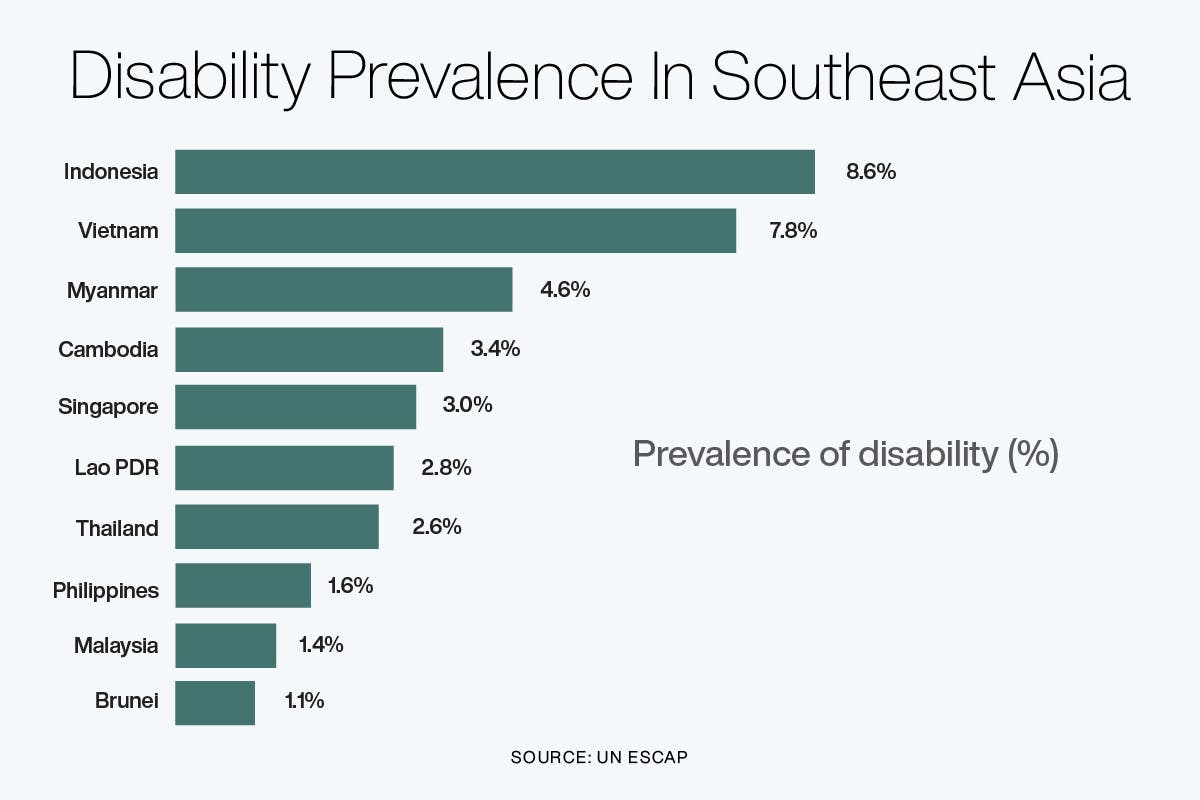
Indonesia has the highest disability prevalence in Southeast Asia while Brunei has the lowest.
KEY PLAYER
Ola Abu Al Ghaib
Disability rights activist Ola Abu Al Ghaib lost the use of her legs at age 12. Born in Nablus, Palestine, she is a fierce advocate for the rights of people with disabilities, particularly women, in regions affected by conflict. She has worked with organisations including the World Bank, the World Health Organization and the United Nations, where she is a manager at the UN Partnership on the Rights of Persons with Disabilities.

HONOUREES TO KNOW
Minnie Pangilinan
Breast cancer is the most common cancer globally and the Philippines has the highest incidence in Asia. Minnie Pangilinan is helping some of its survivors with her innovative breast prosthesis Brakong, which she developed with fellow Surgical Innovations and Biotechnology Laboratory (SIBOL) colleague Jason Pechardo. Made from antimicrobial native plant bakong, the product is both comfortable to wear and, being bio-based, environmentally friendly.

Jason Pechardo
Jason Pechardo is a researcher at the Surgical Innovations and Biotechnology Laboratory (SIBOL), a collaborative organisation that creates people-centred health technologies. In 2022, Brakong, a biodegradable prosthesis for breast cancer survivors who have undergone mastectomy was co-developed by Jason and his partner, Minnie Pangilinan. The native aquatic plant, bakong, has tough, antimicrobial fibres with numerous potential applications. It received the national James Dyson Award in 2022.

ONE FINAL THING
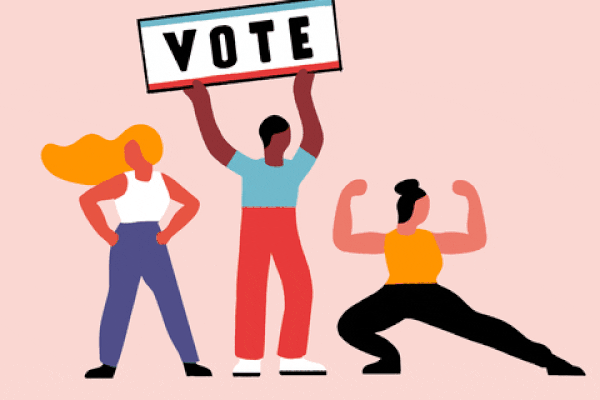
Even the right to vote can be compromised by disability. Not in Slovenia, though. There, the landmark legal case Toplak and Mrak v Slovenia established a legal right to accessible voting in 2021.
